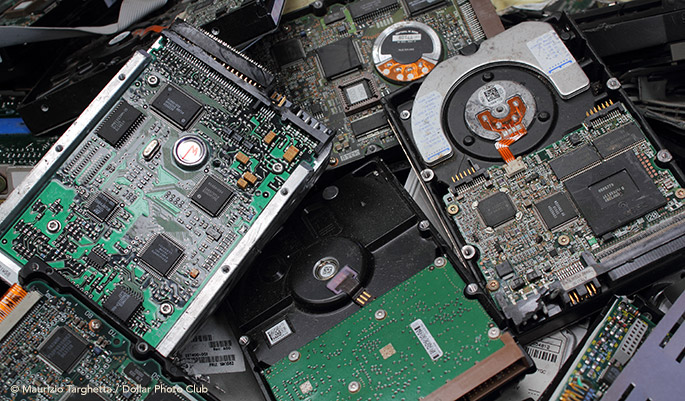
Since 2009, U.S. retailer, Best Buy has practiced corporate social responsibility by collecting over 1 billion pounds of electronic waste. It’s free in-store e-waste collection has helped create a national appreciation for electronic recycling. However, the retailer now admits that its free program is no longer affordable.
According to a United Nations report, the world produced 46.1 million tons of e-waste, including vacuum cleaners and home appliances, in 2014. The U.S. and China were responsible for one-third of it. Unfortunately, Best Buy is one of the few large corporations who disposed of e-waste responsibly. This leaves few options even as more people than ever realize that discarded equipment doesn’t belong in a landfill. For residents in one of the 25 states without an official e-cycle law, Best Buy is the only alternative.
While Best Buy’s goal is to just break-even, they have difficulty finding someone to take their recycled glass and they recycle leaded glass at a loss. Moreover, heavy and bulky items, such as old TVs, are difficult and expensive to transport.
So now, Best Buy is charging a $25 fee for recycling televisions and computer monitors. Also, to cut costs, they have decided to work with electronic recyclers that have either e-Stewards or R2 certification, whereas they previously required both certifications. This may direct more electronic waste to developing countries where unauthorized processors have little or no concern for soil and water contamination.
On the bright side, Dell will continue its collaboration with Goodwill to accept most brands of computer equipment for free although it does not include televisions in the program. In addition, Dell focuses on closed-loop solutions especially those that incorporate recycled plastic into new products. Dell has collected over 1.42 billion pounds of e-waste and is well on its way to achieving its 2020 goal of 2 billion pounds.











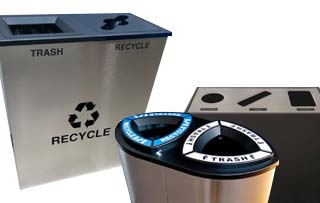









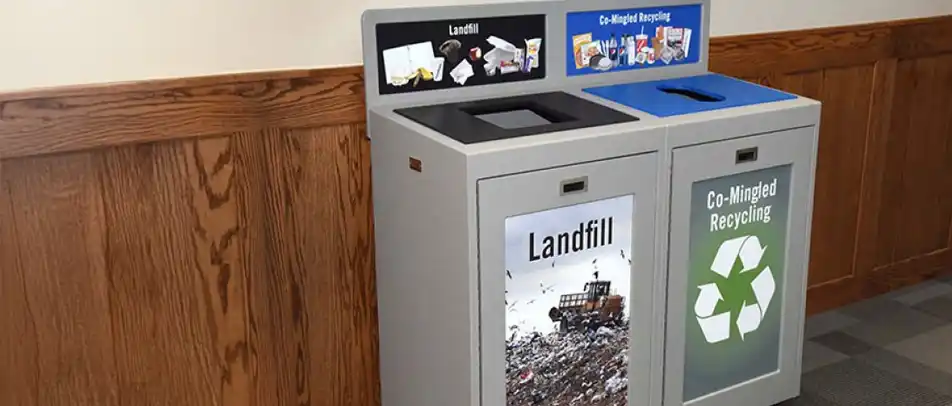










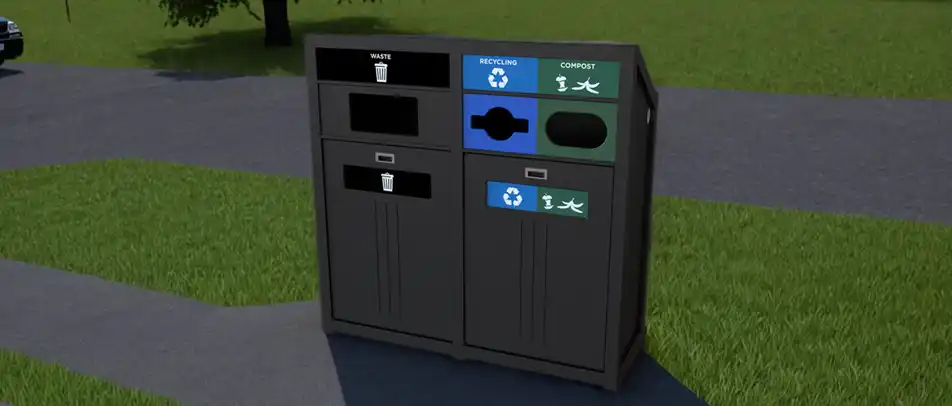












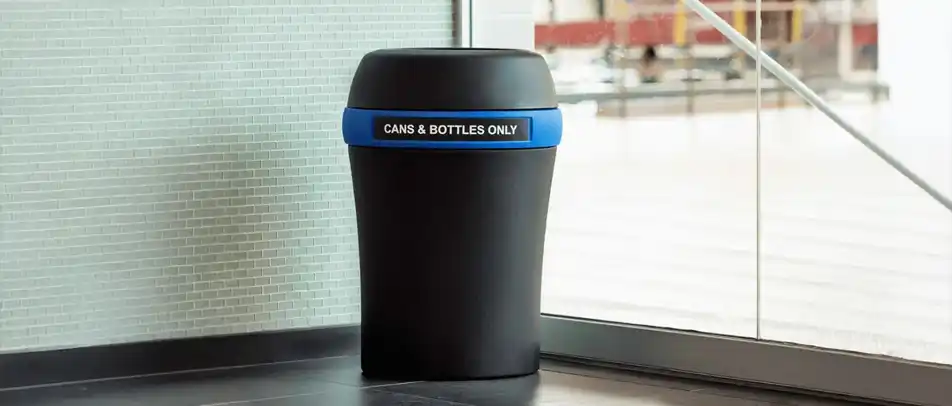









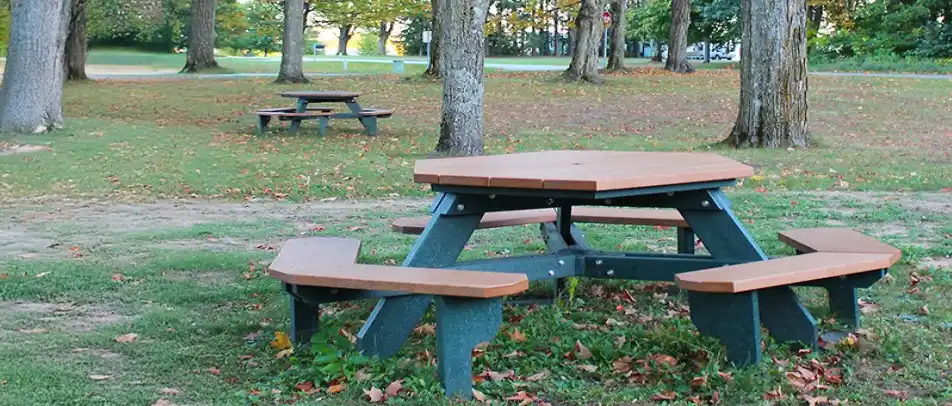
































 Three Ways to Engage Teams and Clients to Maximize Your Recycling Program Engagement
Three Ways to Engage Teams and Clients to Maximize Your Recycling Program Engagement  How to Integrate Accessibility Into Your Sustainability Planning
How to Integrate Accessibility Into Your Sustainability Planning  Why Park Benches Can Promote Workplace Well-Being
Why Park Benches Can Promote Workplace Well-Being 
